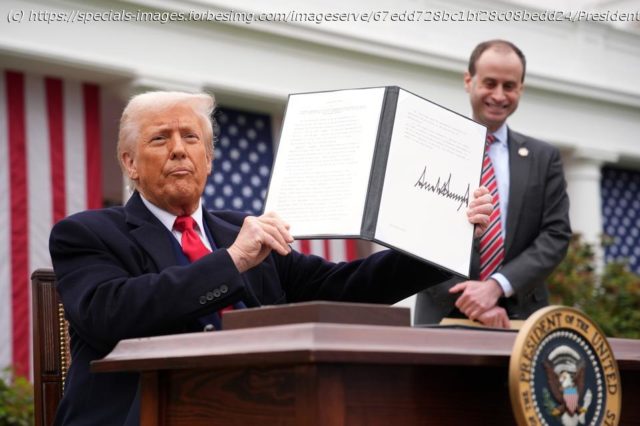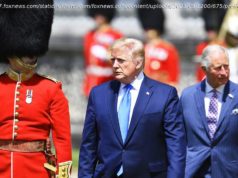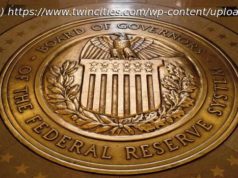While the announcement of tariffs on foreign-made products came as no surprise, the amounts of the tariffs and the countries they would be imposed on remained a secret.
“This is Liberation Day. We’ve been waiting for a long time. April 2, 2025, will forever be remembered as the day American industry was reborn,” President Trump boasted at the White House on Wednesday as Trump’s tariffs were unveiled. “In a few moments, I will sign a historic Executive Order instituting reciprocal tariffs on countries throughout the world. Reciprocal – that means (if) they do it to us, we do it to them.”
While the announcement of tariffs on foreign-made products came as no surprise, the amounts of the tariffs and the countries they would be imposed on remained a secret right up until the press conference began. The president has said that these so-called Liberation Day tariffs will “level the playing field for American workers and businesses.”
Trump claims that “for the first time in decades, the United States will see fair trade,” even as political opponents and members of the media have expressed their fears over possibly triggering a global trade war. He cites studies that have repeatedly shown tariffs are an effective tool for achieving economic and strategic objectives. For instance:
A 2024 study by the Coalition for a Prosperous America said Trump’s tariffs during his first term “strengthened the U.S. economy” and “led to significant reshoring” in industries like manufacturing and steel production.
A 2023 report by the U.S. International Trade Commission analyzed the effects of tariffs on more than $300 billion of U.S. imports found that the levies reduced the number of imports from China and stimulated more U.S. production of the affected goods with minor effects on prices.
According to a 2022 report by the Economic Policy Institute, tariffs implemented during Trump’s first term “clearly show[ed] no correlation with inflation” and had only a fleeting effect on overall prices.
“U.S. steel output, employment, capital investment, and financial performance all improved. In particular, U.S. steel producers announced plans to invest more than $15.7 billion in new or upgraded steel facilities, creating at least 3,200 direct new jobs, many of which are now poised to come online.” — Economic Policy Institute
The reasoning behind Trump’s tariffs would create new incentives for U.S. consumers to buy American-made products. The president insists that he is matching the higher levels that our trading partners have charged against U.






